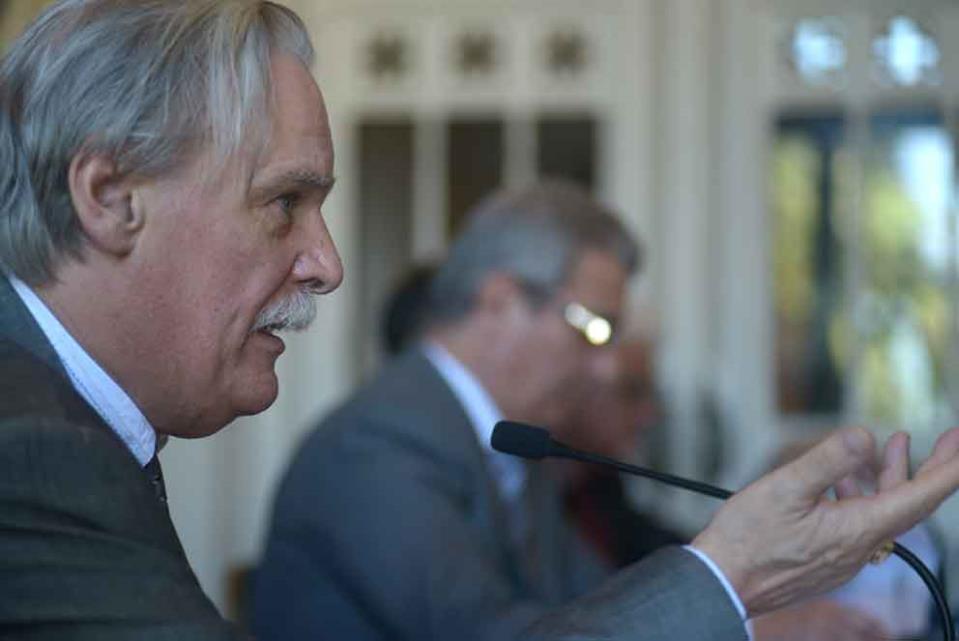A UK linguistics expert who was tasked to compile a set of recommendations as part of a Language Education Policy Profile for Malta said that there’s nothing wrong with code-switching as long as you are aware of it.
Code-switching occurs when a speaker alternates between two or more languages, or language varieties, in the context of a single conversation.
“There’s a difference when one recognises he is code-switching and let’s it happen and when a person does so without realising,” he continued.
The expert – one of a number who compiled the highly informative report – is Lid King, formerly the UK’s director of languages who was speaking during the launch of a report compiled by a number of experts from the Council of Europe Language Educational Policy Unit – based in Strasbourg – following a request by the Ministry of Education.
The report outlines the current position and possible future developments in language education in Malta.

Education Minister Evarist Bartolo said that code-switching could be positive due tot he fact that it helps pupils who are being ‘denied’ the right to speak their own language to speak other languages during a single conversation.
He said that we need to strengthen multilingualism.
“We have children attending our schools hailing from 50 countries with some the pupils of a whole class at times speaking as many as 20 languages,” he said.
The good thing about this report is that it hasn’t a one-size fits all solution for all schools, Mr Bartolo continued.
Philia Thalgott – the head of the Council of Europe’s English Language Policy Unit – said that it is “exceptional” that so many people in Malta speak so many different languages.
Among other observations, the report noted that the Maltese population appears to ease with its rather complex identity, affirming its specifically Maltese character which includes intercultural and inter-language competences as important aspects.
The experts made several visits to Malta between last year and this year and met as many as 200 stakeholders before publishing the report.
Photos: Jonathan Borg